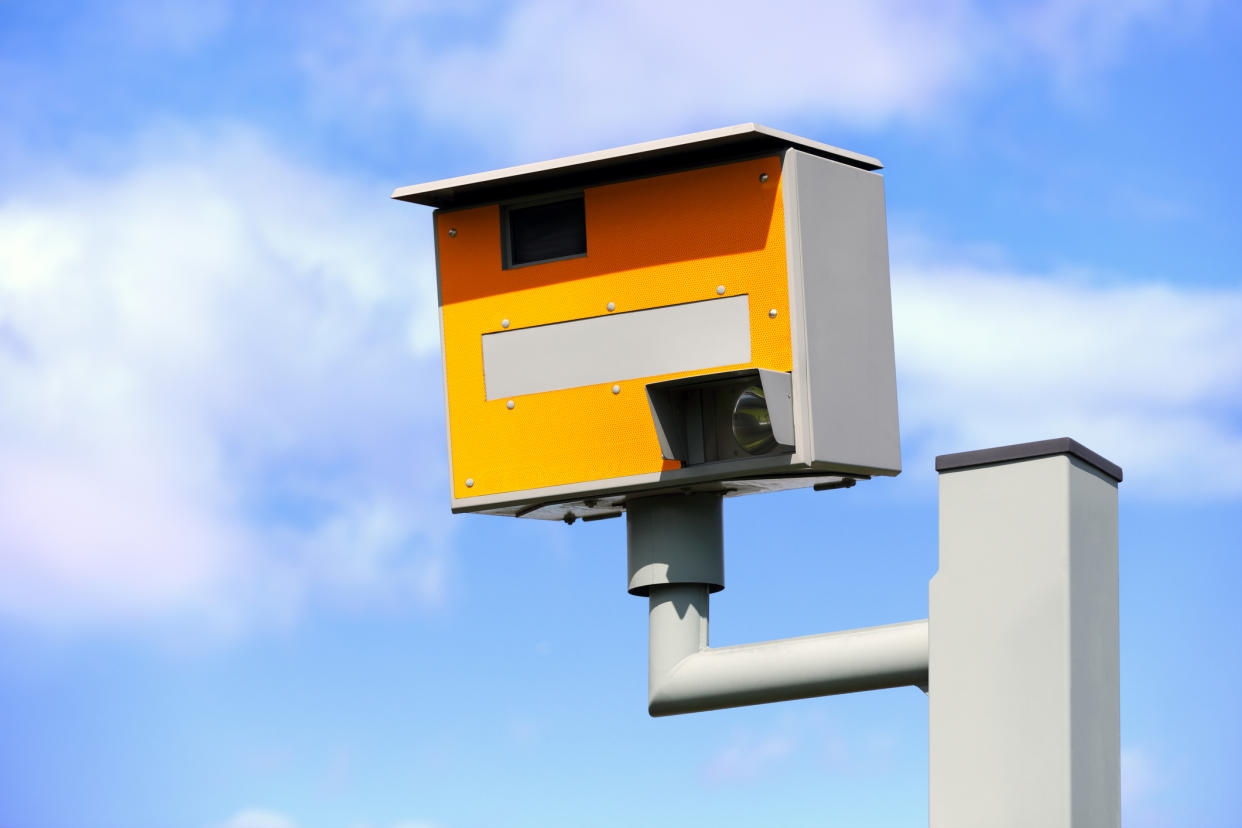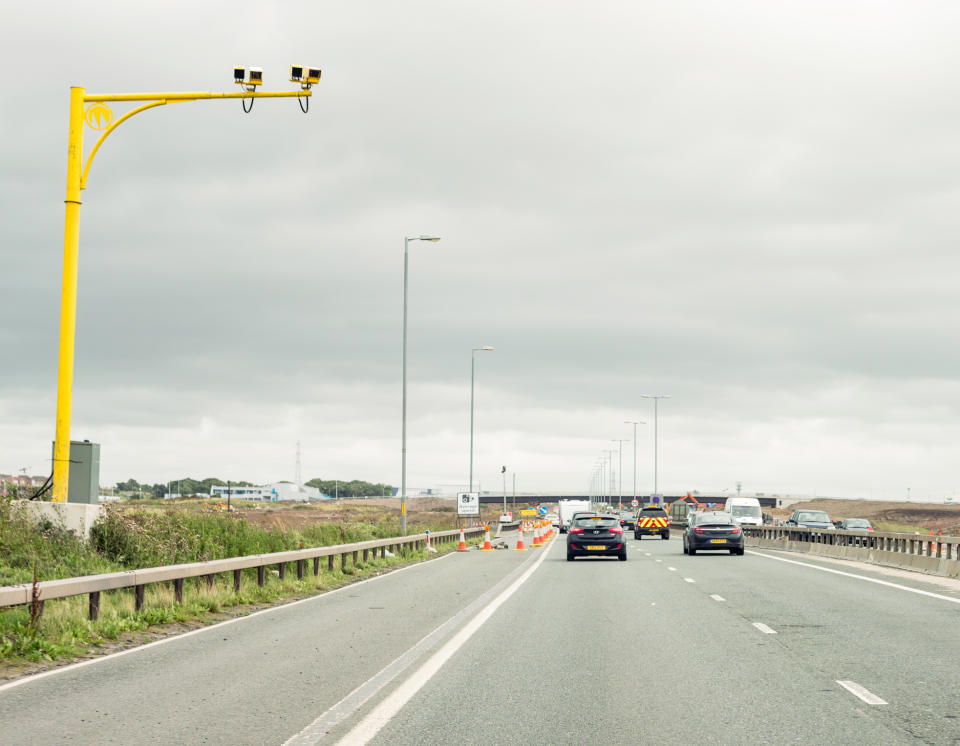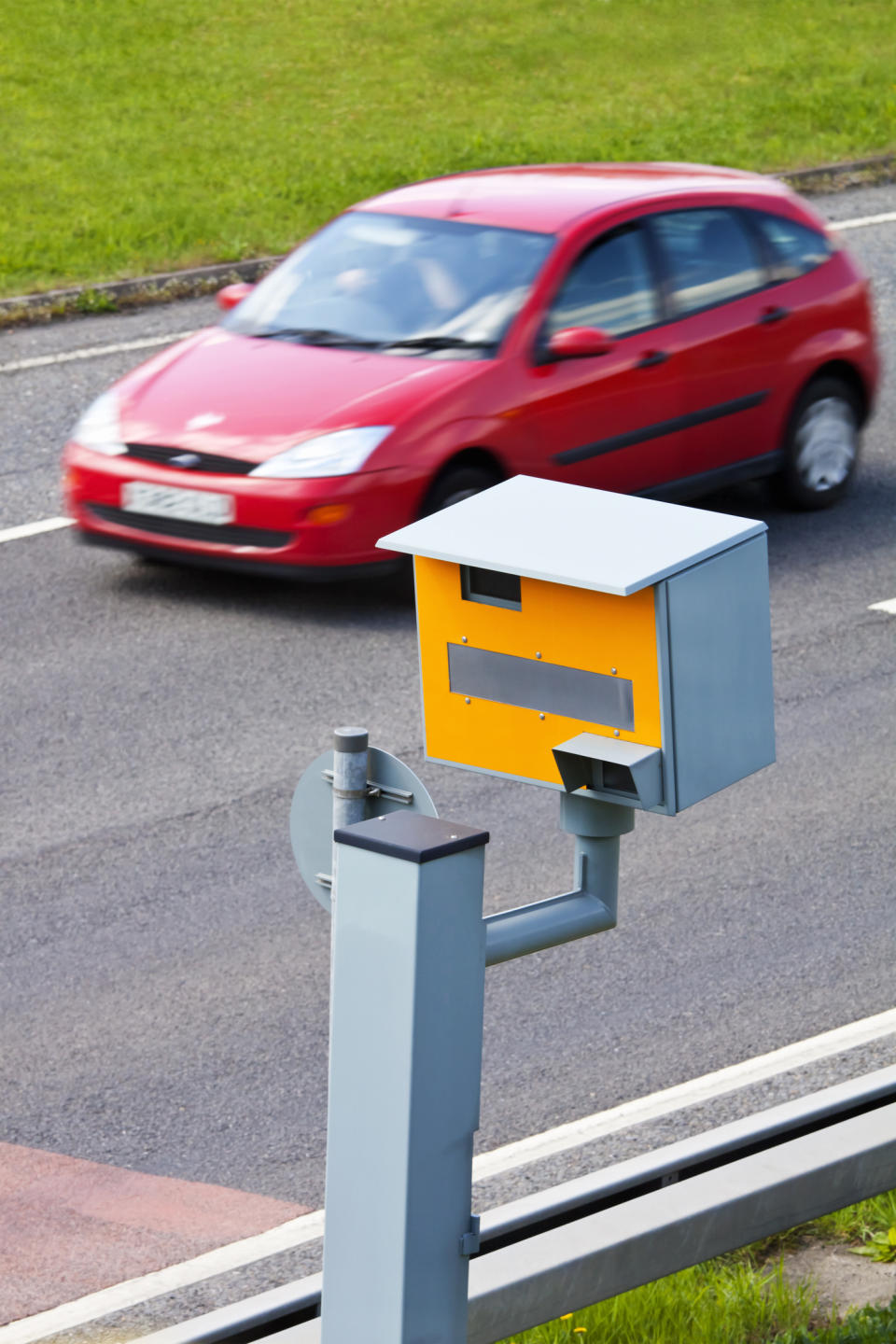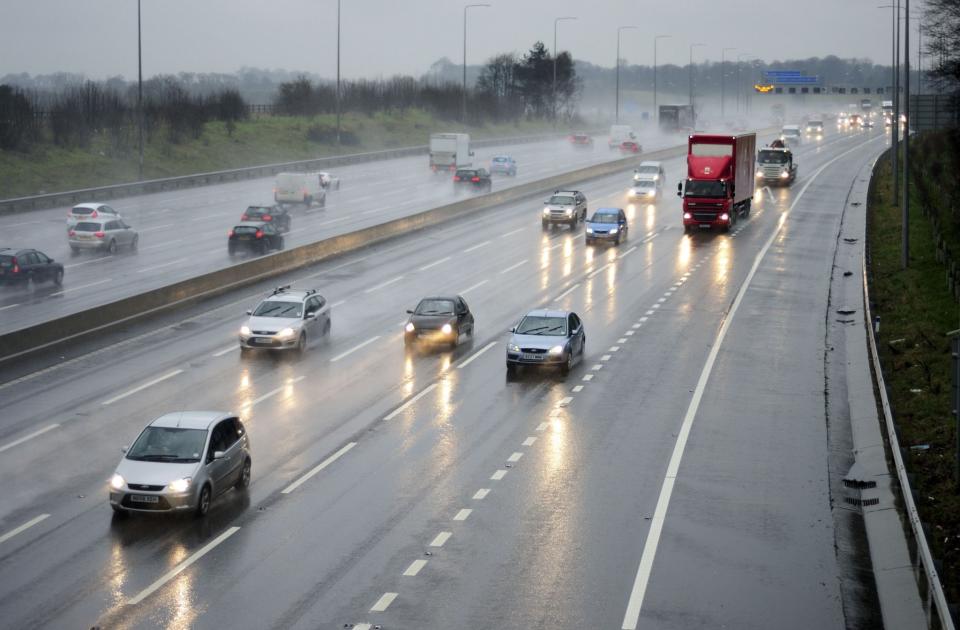RAC says current 70mph speed limit 'should be reviewed'

The current 70mph motorway speed limit should be reviewed as part of the debate over prosecuting motorists who get caught doing just a few miles an hour above the limit, the RAC has suggested.
The suggestion comes after Britain’s roads policing chief reportedly called for an end to the so-called 10% and said drivers should be punished for going just 1mph over the limit.
West Mercia chief constable Anthony Bangham was reported to said drivers shouldn’t come “whingeing” to police about getting caught speeding, adding: “If booked at 35 or 34 or 33 [in a 30mph zone] that cannot be unfair because they are breaking the law.”
His comments have renewed the long-running debate over speed limits. Some people say current speed limits are outdated, given how much vehicles and roads have changed but road safety campaigners are adamant they should not be any higher.

RAC spokesman Pete Williams said: “Figures from the RAC Report on Motoring indicate that compliance with speed limits on lower speed roads has been improving, whereas there has been a reduction in those that admit to sticking to the 70mph limit – last year 66% say they frequently or occasionally disregard the limit, up from 54% in 2007.
“Clearly, many drivers don’t feel that driving faster than the limit is less safe – which suggests that perhaps it is the time to look at whether the current motorway speed limit is still appropriate in light of the vast improvements to the safety of vehicles over recent decades.”
MORE: Here’s everything you need to know about the new MoT test
MORE: Theresa May hits back at Tory critics as she defiantly declares: ‘I’m not a quitter’
Responding to Anthony Bangham’s comments, Mr Williams said: “While speed is clearly a contributory factor in many road accidents and there is no question that drivers should obey the speed limit, it doesn’t seem sensible to make motorists constantly look at their speedometers for fear of drifting a few miles an hour above the limit.
“Originally, the leeway of 10% plus 2mph over the speed limit was given to take account of inaccuracies that may occur because of camera and speedometer calibration.”

Mr Williams added: “Surely, the police’s focus should be on tackling those who exceed the speed limit consistently, and, or excessively, as they present the greatest road safety risk. It seems very wrong to penalise law-abiding motorists who may occasionally go very slightly above the limit.
“Speed awareness courses have helped many motorists understand the importance of safe speeds. These should continue to be part of the solution, and forces should not be in a hurry to load fines and penalty points onto drivers who may well be mistakenly making a small error.”
Last year a survey by Green Flag revealed that three-quarters of drivers thought the motorway speed limit should be raised to 80mph.
As well as this, 27% of drivers limits should be more lenient on empty roads and 56% said there should be allowances for those who break the limit by less than 5 mph.

With speeding fines set to increase to up to £2,500, breaking the speed limit is no trifling matter. But are the limits at the right level in the first place?
The 70mph motorway speed limit was first introduced for a trial period in 1965 in a bid to cut accidents, then made permanent in 1967.
But 50 years on, is 70mph still the right speed for motorways? As some parties argue that safety features and modern technology has made driving safer, is it the right time to raise the limit? Equally, there is talk of reducing speed limits in certain sections to deal with air pollution.

Edmund King said: ‘Our view is that 80mph in a modern car, in good weather, driven at a safe distance from the car in front is a safe speed. Whereas 50mph in bad weather, tailgating the car in front is a very dangerous speed.
‘Given the progress that has been made in vehicle capability and safety in the 50 years since the 70mph speed limit was introduced, it would be reasonable to reassess the speed limits in areas where the highways are suitable; such as long, wide, straight stretches of motorway with a permanent hard shoulder.
MORE: Talking Point: Should school summer holidays be shorter?
‘Through less suitable stretches, it would be sensible to adopt a similar approach to that taken on many European roads, where the speed limits vary depending on hazards (such as entry slip roads or sharp bends).
‘In poor weather such as ice and heavy rain, variable speed limits managed via overhead gantries could be used to effectively slow traffic, reducing the limit to one more appropriate for the driving conditions.’
An AA-Populus driver poll showed that the majority (61%) feel motorway speed limits should be increased to 80mph. However, a quarter of respondents felt that if the speed limit were to be raised it should be strictly enforced, while just over a third (36%) said it should be enforced according to current ACPO guidelines (with a discrepancy of 10% +2mph).

Lucy Amos said: ‘Cars on British motorways currently have a speed limit of 70mph, while some larger vehicles, including articulated trucks and vehicles towing caravans, have a speed limit of 60mph.
‘While vehicles vary in their braking ability, a car travelling at 70mph has a total stopping distance, in dry conditions, of about 96m, or 24 car lengths. This is greater in wet and icy conditions. If braking is carried out by the driver (rather than an automated emergency braking system) the car will travel about 21 metres in less than a second before the driver can even hit the brakes.
‘There have been previous occasions where the government has proposed raising the UK motorway speed limit to 80mph, but evidence has shown repeatedly that any increase in speed increases both stopping distances and crash likelihood.
HAVE YOUR SAY – VOTE IN OUR POLL:
‘At 80mph stopping distances are 27% greater than at 70mph (about 122 metres compared to 96 metres), a distance that would significantly lessen the reaction time available to the driver when faced with a dangerous situation.
‘It is unlikely that raising the motorway speed limits will improve journey times, especially on a congested network. Instead, research has predicted that raising the speed limit would result in 25 more deaths and 100 more serious injuries annually on our motorways.
‘Parliament’s Transport Select Committee estimated it would result in a 10% rise in casualties on motorways, meaning that to do so would not only be irresponsible but also endanger the lives of countless road users on the strategic highway network.’
Brake is dedicated to reducing death and serious injury on the road; campaigning for safe, more sustainable communities; and supporting those bereaved by road death.

 Yahoo News
Yahoo News 

